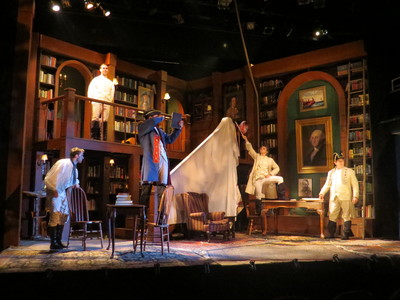


His wheeling and dealing done, Kennedy got out of the film industry for good in 1931, selling the last remaining film asset under his direct control, Pathé, to RKO, with which it was merged. Sarnoff likely was the major force behind the deals that Kennedy had pulled off earlier.ĭavid Sarnoff became the chairman of the board of RKO, and a motion picture production unit, Radio Pictures, was created in 1929, its name - like that of the parent corporation - paying homage to RCA, which owned a controlling share in the new studio throughout the 1930s. Sarnoff had been looking for a venue for his company's new optical sound-on-film process, as other studios were wedded to the rival process created by Western-Electric. Later that year, Kennedy brokered a deal with David Sarnoff's Radio Corporation of America (RCA) to create Radio-Keith-Orpheum (RKO) from K-A-O and his own Film Booking Office. (Film Booking Office), envisioned the K-A-O chain of theaters as the exhibition arm of a new major motion picture studio. Kennedy, who already controlled the small film producer/distributor F.B.O.
#Franklin footlight theater movie#
consisted of a chain of vaudeville and movie theaters in the U.S. in early 1928, and a controlling interest in K-A-O was acquired by Joseph Kennedy, the financier father of future U.S. The Keith and Albee chain eventually was merged with the Orpheum theater chain to form Keith-Albee-Orpheum Corp. His interest went to his son Andrew Keith and subsequently was acquired by Albee after Andrew's death in 1918. Keith retired from the running of the theater chain in 1909 and died at the Breakers Hotel in Palm Beach, Florida on March 26, 1914. They were not nickelodeon owners, but legitimate theater impresarios who incorporated short films as part of their vaudeville bill.ī.F. The Keith and Albee chain of theaters was expanded via a merger with Frederick Freeman Proctor's theater chain in 1906. In 1905, they signed a deal with Thomas Edison's Edison Studios to supply their theaters with movies. They began buying up small theaters throughout the East and Midwest to expand their empire of vaudeville theaters that also showcased the new medium. Owning the American rights to the Lumière cinema equipment, they signed a contract with Biograph Studios for the production of films to be shown in their theaters in Boston, New York Philadelphia, and other locations in the East and Midwest. Keith and Albee's Union Square Theatre in New York City was the first to exhibit motion pictures, the Lumière Cinématographe, on June 29, 1896. daily, a format that came to be known as vaudeville. The Bijou ran a continuous variety show program from 10:00 A.M. Two years later, he and his new partner, Edward Franklin Albee II (the father of Pulitzer Prize-winning playwright Edward Albee) opened Boston's Bijou Theatre. In 1883, he and his partner Colonel William Austin opened a museum of curiosities in Boston, Massachusetts. Keith was one of those romantic youths who joined a circus, eventually working for P.T. Kennedy's and David Sarnoff's Radio-Keith-Orpheum (R.K.O.) Studios, one of the major Hollywood film studios from 1929 through the early 1950s.ī.F. The theatrical empire he helped build became one of the building blocks for Joseph P. He is the theatrical impresario generally credited with the creation of vaudeville in America, which evolved out of variety theater. The theater-owner Benjamin Franklin Keith was born in Hillsboro Bridge (Hillsborough), New Hampshire on January 26, 1846.


 0 kommentar(er)
0 kommentar(er)
